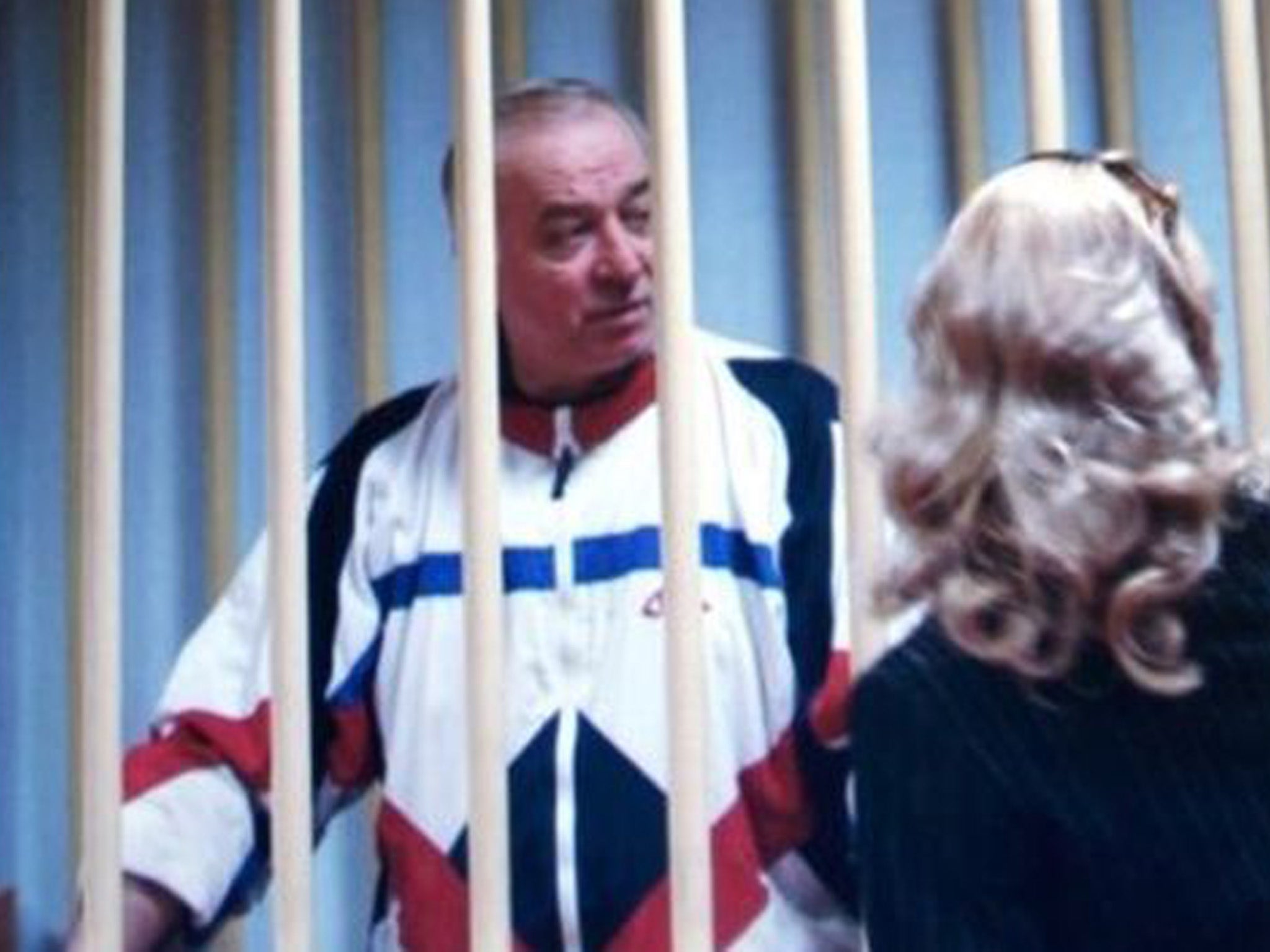Poisoned spy Sergei Skripal asked Putin for pardon so he could return to Russia, friend claims
‘Many people shunned him. His classmates felt he had betrayed the Motherland,’ says Vladimir Timoshkov
Your support helps us to tell the story
From reproductive rights to climate change to Big Tech, The Independent is on the ground when the story is developing. Whether it's investigating the financials of Elon Musk's pro-Trump PAC or producing our latest documentary, 'The A Word', which shines a light on the American women fighting for reproductive rights, we know how important it is to parse out the facts from the messaging.
At such a critical moment in US history, we need reporters on the ground. Your donation allows us to keep sending journalists to speak to both sides of the story.
The Independent is trusted by Americans across the entire political spectrum. And unlike many other quality news outlets, we choose not to lock Americans out of our reporting and analysis with paywalls. We believe quality journalism should be available to everyone, paid for by those who can afford it.
Your support makes all the difference.Former Russian double agent Sergei Skripal had written to Vladimir Putin asking if he could return to his home country before he was poisoned in Salisbury, a friend has said.
The former Russian intelligence officer, who came to Britain in 2010 as part of a spy swap, regretted being a double agent and wanted to be pardoned so he could visit his family in Russia, Vladimir Timoshkov told the BBC.
Mr Skripal and his daughter Yulia remain in a critical condition after they were poisoned with the nerve agent Novichok on 4 March.
The 66-year-old had been accused of working for MI6 over several years, in particular disclosing the names of several dozen Russian agents working in Europe.
He was sentenced to 13 years in a high-security prison in August 2006, before being freed in the 2010 deal which saw 10 Russian sleeper agents expelled from the United States.
According to Mr Timoshkov, his friend, who he had known since school, Mr Skripal did not see himself as a traitor as he had sworn an oath to the Soviet Union.
“Many people shunned him. His classmates felt he had betrayed the Motherland,” he said.
“In 2012 he called me. We spoke for about half an hour. He called me from London. He denied he was a traitor... [he told me] he wrote to Vladimir Putin asking to be fully pardoned and to be allowed to visit Russia. His mother, brother and other relatives were [in Russia].”
The Kremlin later issued a denial that any such letter was sent to the Russian President.
The attempted assassination sparked a diplomatic crisis between Russia and Britain, which has been supported by its allies in apportioning blame to the Kremlin.
At least six countries in Europe are understood to be considering the expulsion of Russian spies after the EU took the lead and announced it would recall its ambassador to Moscow.
Russia has vehemently denied any responsibility for the incident, while last Sunday the country’s EU ambassador Vladimir Chizhov said that “from the legal point of view the Russian state had nothing against him [Mr Skripal]”.
Russia’s ambassador to the UK Alexander Yakovenko sent his well wishes to Mr Skripal and his daughter on Friday and wrote to Wiltshire Police detective sergeant Nick Bailey, who was left seriously ill after he was exposed to the poison as he went to the Skripals’ aid.

Mr Bailey said his experience had been “completely surreal” after he was discharged from hospital.

Join our commenting forum
Join thought-provoking conversations, follow other Independent readers and see their replies
Comments